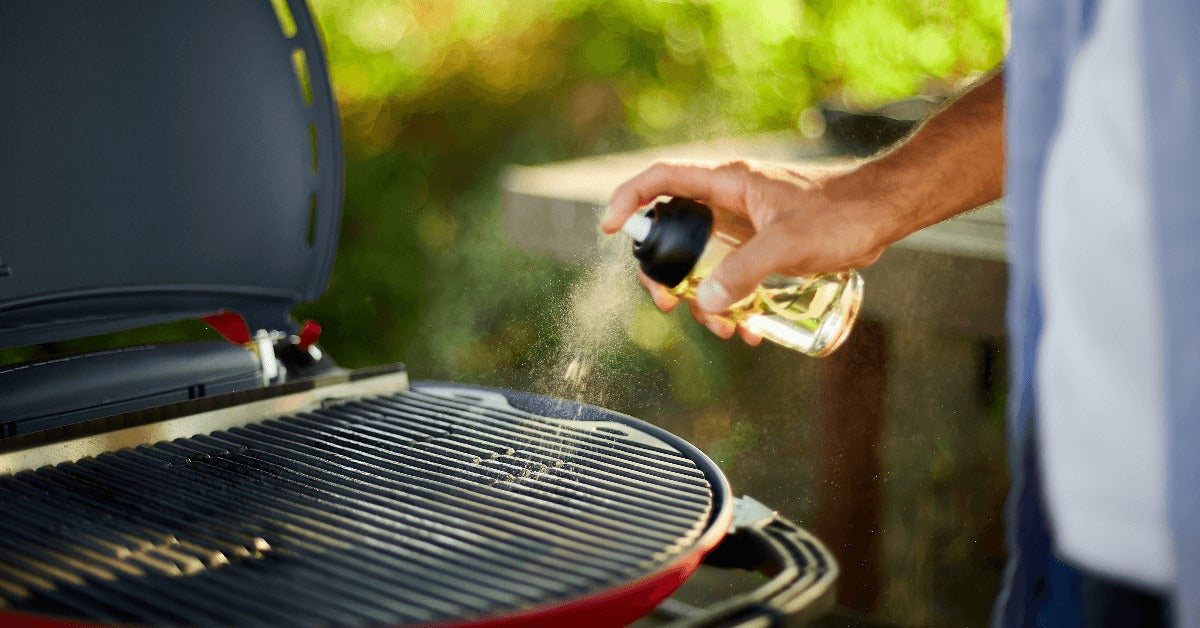When it comes to cooking, **canola oil** is a staple in many kitchens. Its light flavor and high smoke point make it a preferred choice for frying and sauting. However, once you've used this versatile oil, the question arises: how do you dispose of it properly? Improper disposal can lead to clogged pipes, environmental damage, and even create a hazardous mess. If you're unsure about the right way to dispose of canola oil, you've come to the right place.
The steps and methods for how to dispose of canola oil can make all the difference in keeping your kitchen and the environment safe. Let's dive into some remarkable and life-changing methods.

Why Proper Disposal is Important
Before we delve into the methods, it's important to understand why **proper disposal** is crucial. **Canola oil**, like any other cooking oil, can solidify and clog your kitchen pipes, leading to expensive plumbing repairs. On a larger scale, it can contribute to environmental pollution, harming aquatic life if it makes its way into water bodies. It can also create significant problems at sewage treatment facilities.
Environmental Impact
**Canola oil** and other fats, oils, and grease (FOG) can cause severe environmental issues. When poured down the drain, these substances solidify and trap other debris, forming blockages that can lead to overflow and contamination of local waterways. This promotes the growth of harmful bacteria and disrupts aquatic ecosystems.

Practical Methods for Disposing of Canola Oil
Small Quantities: Reuse and Recycle
If you have a small amount of used **canola oil**, you can reuse or recycle it.
- Reuse: Strain the oil through cheesecloth or a fine sieve to remove food particles. Store it in an airtight container for future cooking projects. Reusing oil can add a delightful flavor to various dishes while saving you money.
- Recycle: Search for local recycling programs that accept used cooking oil. Many municipalities offer this service, turning your **canola oil** into biodiesel or other useful products.
Medium Quantities: Solidification and Disposal
For medium amounts, solidifying the oil is a practical approach.
- Cool and Solidify: Allow the used **canola oil** to cool and solidify. Scrape the solidified mass into a sealed container or a double-bagged plastic bag. Dispose of it in the trash.
- Cat Litter Method: Mix the cooled oil with an absorbent material like cat litter or sawdust to solidify it, then dispose of it in the trash. This helps in managing larger quantities without causing a mess.
Large Quantities: Commercial Disposal Services
If you're handling large quantities of **canola oil**, such as in a commercial kitchen, enlist the services of a professional disposal company.
- Professional Services: These companies specialize in collecting used cooking oil and grease. They convert the collected waste into useful products, ensuring eco-friendly disposal.
- Collection Bins: Some services provide collection bins for regular pickup. These bins ensure safe storage and transportation of large quantities of oil.

Alternative Uses for Used Canola Oil
Before disposing of your **canola oil**, consider some alternative uses:
- Composting: While it should be used sparingly, small amounts of used canola oil can be added to compost. It helps in breaking down other organic materials.
- Lubrication: Canola oil can be used to lubricate household items. It works well on squeaky hinges and stuck zippers.
- Homemade Soap: Used canola oil can be repurposed into homemade soap. This creative and eco-friendly approach gives your used oil a new life.
These alternative uses can help you reduce waste and make the most out of your **canola oil**. For more ideas, check out this guide on household uses.

Common Mistakes to Avoid
Avoid these common mistakes when disposing of **canola oil**:
- Pouring Down the Drain: Never pour **canola oil** or any cooking oil down the drain. It can cause significant plumbing issues and environmental harm.
- Mixing with Other Waste: Don't mix used oil with regular trash without proper solidification. It can leak and cause contamination.
- Ignoring Local Regulations: Always adhere to local regulations for **oil disposal**. Non-compliance can result in fines and legal issues.
FAQ
Q: Can used canola oil be poured down the drain?
A: No, **pouring used canola oil** down the drain can cause clogs and environmental damage. Use approved disposal methods instead.
Q: Can I reuse canola oil multiple times?
A: Yes, you can reuse canola oil multiple times if it's properly strained and stored. However, it's advisable to discard it if it becomes too dark or develops an off smell.
Q: What can I do with large quantities of used oil?
A: For large quantities, consider contacting professional disposal services that specialize in collecting and recycling used cooking oil.
Conclusion
Disposing of **canola oil** doesn't have to be a daunting task. By following the life-changing and approved methods discussed in this article, you can ensure that you're handling your used oil responsibly. Whether you're recycling, solidifying, or finding creative alternative uses, any effort to dispose of **canola oil** properly will contribute to environmental conservation and prevent plumbing issues.
As an Amazon Associate, I earn from qualifying purchases.






Leave a comment
This site is protected by hCaptcha and the hCaptcha Privacy Policy and Terms of Service apply.